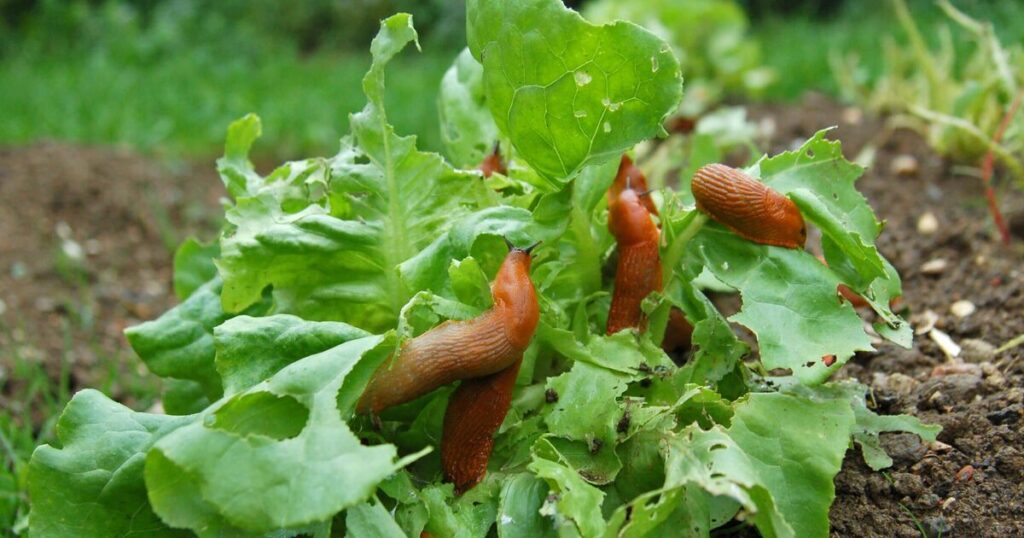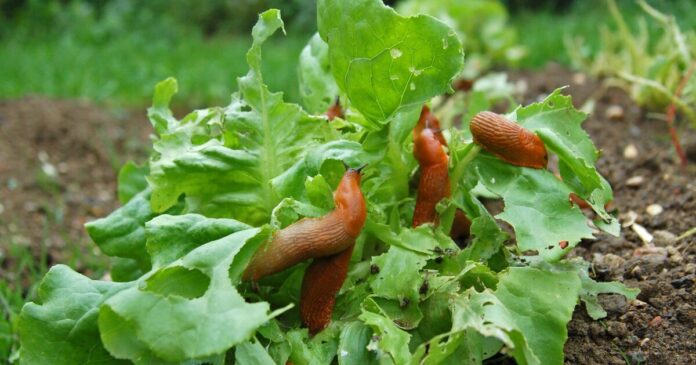
With spring in full bloom and gardens bursting back to life, many green-thumbed Brits are preparing for the return of an all-too-familiar nuisance, slugs. But one natural solution could help gardeners protect their precious plants without resorting to harsh chemicals, and it’s something you might already have in your kitchen.
Experts at Gardenia have issued a timely reminder about the damage slugs can cause, warning that these slimy pests can wreak havoc in both home gardens and agricultural areas. “Slugs can cause significant damage to crops, plants, and gardens,” said a spokesperson.
“They feed on a variety of plants, including vegetables, fruits, flowers, and foliage, and they can quickly defoliate a plant or devour entire seedlings.”
Slugs aren’t just unsightly – they’re destructive. They chew through leaves, stems, and even fruits, making many crops unmarketable and reducing yields. They’re especially dangerous in greenhouses, where the damp, sheltered conditions offer an ideal breeding ground.
Fortunately, there’s an easy and natural way to fight back – by planting alliums.
“Alliums, such as garlic, onions, and chives, are excellent for companion planting,” Gardenia explained.
They help deter slugs because they can’t stand the smell. It acts like a natural repellent.
The strong aroma of these plants is said to overwhelm the slugs’ sensory receptors, discouraging them from entering the area altogether.
Companion planting with alliums not only helps keep slugs at bay but also offers a host of other benefits, including improving soil health and enhancing the flavour of neighbouring vegetables.
Garlic and chives are especially popular choices for home gardeners because they’re easy to grow and can thrive in pots or beds. They also double up as useful herbs in the kitchen, making them a practical, multipurpose addition to any garden.
Gardeners hoping to slug-proof their gardens this season are advised to plant a border of alliums around vulnerable vegetables and flowers or intersperse them throughout their beds.
Along with other organic slug-deterring strategies – such as crushed eggshells, coffee grounds, or copper tape, the use of alliums could make a significant difference.
As slugs begin their nocturnal feast during damp evenings, it pays to be prepared. And with a bit of clever planting, gardeners can stay one step ahead, all without using a drop of pesticide.





















